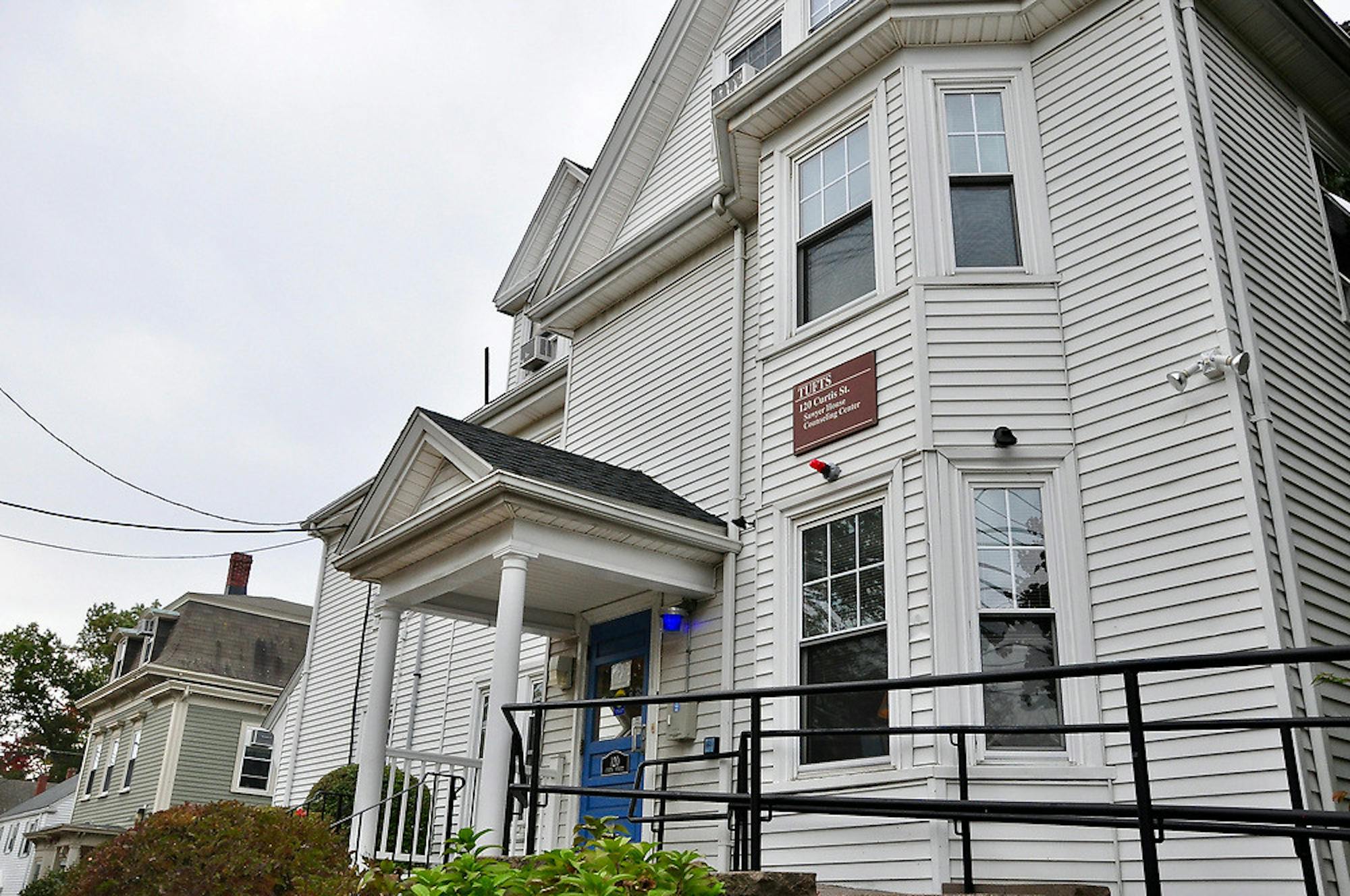The Hudson's Bay Company (HBC) Foundation recently gave Tufts a grant to join the JED Campus program, an initiative of the Jed Foundation that aims to improve campus mental health services, according to an article in TuftsNow. The grant was the first of its kind.
The grant follows the recent establishment of the HBC Foundation Campus Scholarship Fund, JED Campus Advisor Kristelle Aisaka told the Daily.
Aisaka stated in an interview that Tufts was the first campus to receive this grant due to its ongoing commitment to improving mental health services.
"We had already been having ongoing discussions with Tufts about joining the JED Campus program when the HBC Foundation Campus Scholarship Fund was established," Aisaka said in an email to the Daily. "Tufts' enthusiasm and commitment to addressing young adult mental health made them an obvious choice to receive support from the fund."
According to Aisaka, 262 campuses throughout the country are currently in the JED Campus program. According to Aisaka, each JED Campus is paired with a campus advisor to work on improving mental health services over the course of four years.
Aisaka, who will serve as Tufts' campus advisor, said that campus advisors see the JED Campus approach to mental health as "a cross-campus collaboration." She also emphasized that each JED Campus implements its mental health improvements through several different departments within the university, including counseling services, academic affairs and student affairs, among others.
"We really see mental health and well-being as a campus-wide approach," Aisaka said.
Aisaka explained that while many of Jed Foundation resources are available online to all campuses and information is available in conferences, the four-year JED Campus program "tailors support" for each individual campus.
"[With the four-year program] we're able to be a lot more hands-on with campuses in terms of really understanding what's going on on the campus," she said.
Will Hodge, a co-president of Active Minds at Tufts, told the Daily in an email that he was excited about this opportunity to improve mental health resources on campus.
"What’s great about being a JED Campus is that it’s a continued partnership — the Jed folks just don’t come in, do their assessment and leave," Hodge, a senior, said. "They work with us for four years and focus on making sustainable changes that'll last."
Michelle Bowdler, the executive director of health and wellness for Health Service at Tufts, said that the Jed Foundation first contacted her with the prospect of Tufts becoming a JED Campus.
"[The Jed Foundation] first contacted us and said, 'We're really aware of a lot of the innovative work that you do, and we think you would be a great school to be chosen as our ... inaugural scholarship,'" Bowdler said.
Bowdler also acknowledged that Tufts had followed the work of The Jed Foundation for some time before becoming a JED Campus, using resources available to schools both online and in conferences concerning mental health.
"[The Jed Foundation is] widely known as being ... one of the most important signature programs for college mental health and suicide prevention," she said.
Dean of Student Affairs Mary Pat McMahon also said she had followed The Jed Foundation before, meeting with them at the 2018 National Association of Student Personnel Administrators (NASPA) conference in Philadelphia. McMahon said this was the first time Jed Foundation officials told her they would be interested in establishing a partnership with Tufts.
Bowdler also stated that she admired The Jed Foundation for their work in asking many departments on different college campuses other that counseling centers to make efforts to improve the mental health of students.
According to Bowdler, Tufts' work with the Jed Foundation will begin in the next couple of weeks when she speaks to a representative from the Jed Foundation.
"[The Jed Foundation has] already given me a checklist that is several pages long and it involves getting a number of people who would be key partners together and putting them on this portal so they have access to articles and information," Bowdler said.
Bowdler emphasized the exchange of ideas about mental health that results from the Jed Foundation's work with several different campuses. Specifically, Bowdler cited an interaction students had with the CEO of the Jed Foundation John MacPhee. Bowdler said she shared the Active Minds' Mental Health Monologues initiative with MacPhee and that MacPhee subsequently said he would make sure to include such programs as an option for other JED Campuses.
The Jed Foundation could help Tufts increase student access to mental health, pointing to the increasing volume and increased need for mental health services on campus, Bowdler explained.
Hodge agreed, saying that although Tufts has improved its mental health services lately, the university still has work to do.
"Tufts has made some important changes over the years (tuition reimbursement for students on leave for mental health reasons, getting the [Counseling and Mental Health Service (CMHS)] number on student IDs, adding evening CMHS hours)," Hodge said. "[The Jed Foundation] will up the ante and provide Tufts with evidence-based recommendations to improve overall student mental health and improve suicide and substance abuse prevention efforts."
Hodge emphasized the positives of having a personalized JED Campus program for Tufts.
"[The Jed Foundation] has worked with universities like Tufts so they’ll be able to identify our strengths and weaknesses when it comes to addressing mental health on campus and propose steps we can take to be better."
Tufts receives inaugural grant for JED Campus mental health training program






